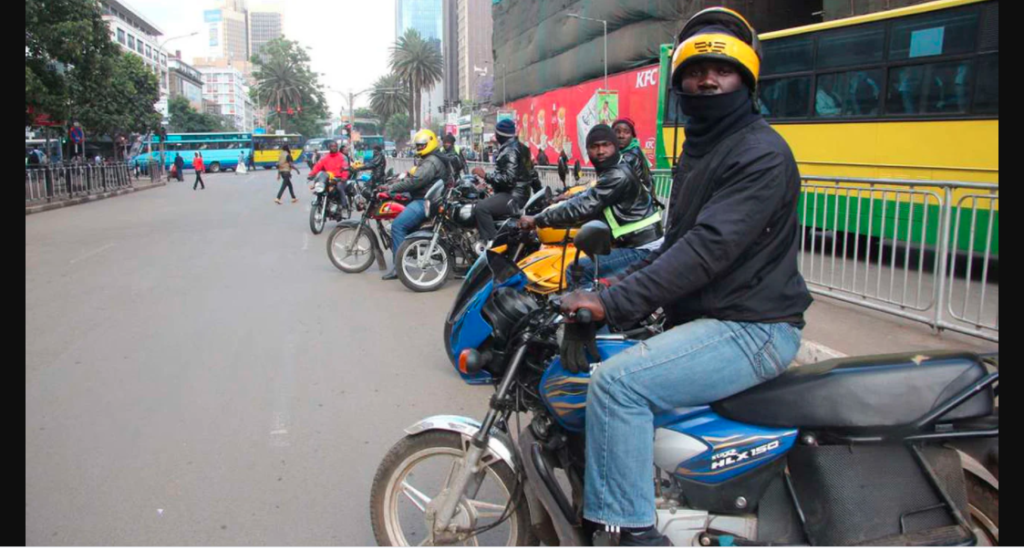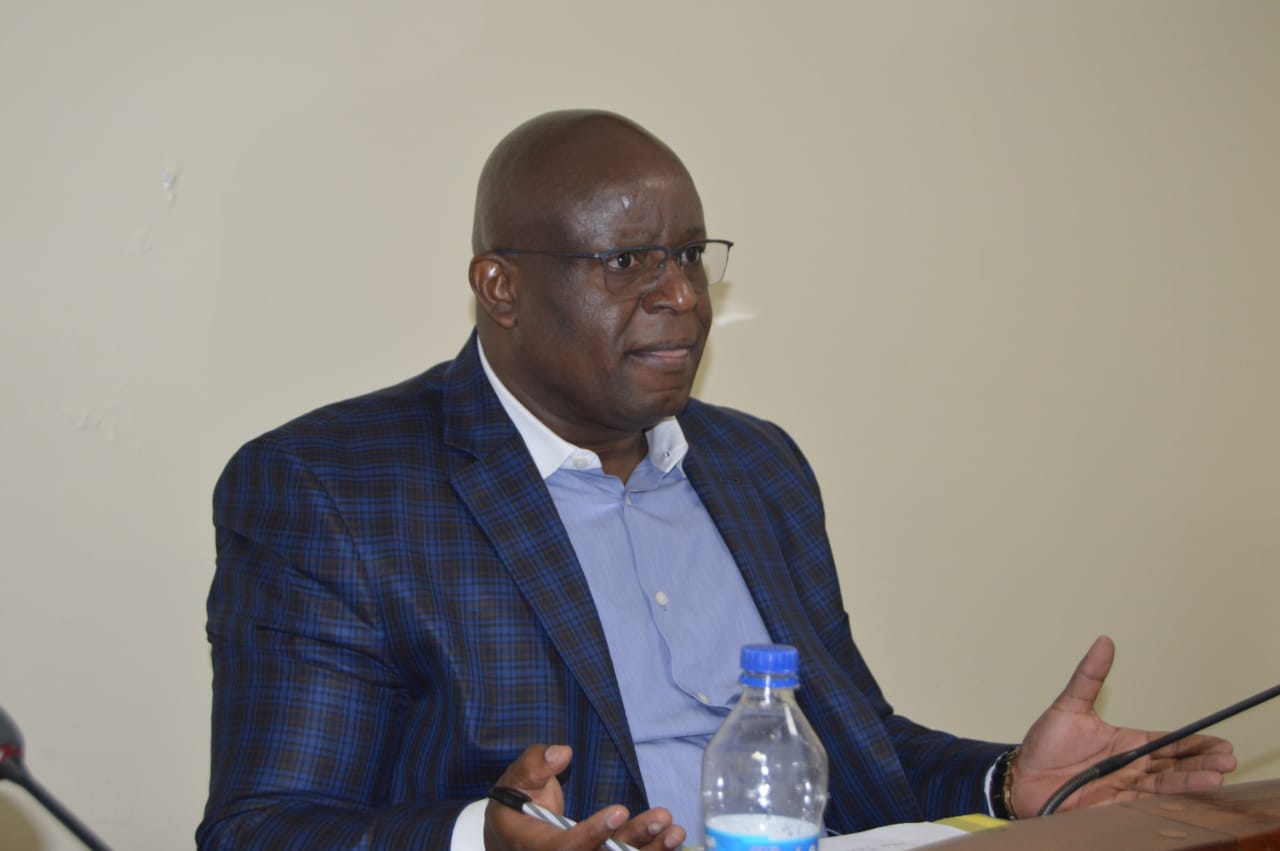OPINION: Need for cohesion between motorists and motorbike users for durable and safety mobility

by Huib van de Grijspaarde
Motorcycles have become an indispensable part of many peoples’ means of transport in the world. In most African countries, motorcycles especially those playing in trade are referred to with different names such as “okada” in Nigeria and in Kenya popularly known as ‘boda boda’. They have become an important feature in the transport sector, whereby most people, young and old are involved in motorcycle riding as a means of transport and business as well. We have seen a great rise of use of motorcycles especially during the Covid-19 pandemic with home deliveries becoming the norm where means of transport used is mainly motorcycles.
Motorbike riders have the same rights and responsibilities as other road users. Each of us has to take responsibility and obey the law, whether car drivers, motorbike riders, cyclist or pedestrians.. When fatalities occur in other types of travel such as rail, aviation or shipping, it is an exceptional event, a tragedy. Unfortunately, with road fatalities, many often deadly accidents occur every day.
Unlike those other modes of transportation, roads are open to many different types of users. A pedestrian has very different road user dynamics than a lorry. Differences are in their seizes, their visibility, the speeds they move at and the damage they incur or do in the event of an accident. With these different dynamics, the reality is that on Kenyan roads, the size of the road user is an important determinant in their behavior when it comes to road safety. This, however is not the only factor.
When it comes to motorcycles in Kenya, the majority of the bikes on the roads are boda boda. Similar to the matatu’s, the operators are driven by financial incentives more than by road traffic laws. The thought is: if I can drop off this passenger faster, I’ll be able to lick up my next ride sooner and do more rides in a day, making more money. This contradicts a necessary requirement for safe road use, being that obeying traffic laws sometimes costs time.
A prerequisite for responsible behavior is awareness, in this case awareness of the risks of certain behavioral patterns. Such patterns are driving without proper lighting on the vehicle, overtaking without being able to get back into the designated lane on time for oncoming traffic to pass safely, riding against traffic (for motorcyclists), crossing the road at non-designated places and driving under the influence. These patterns are the norm in Kenya. They are so normal that we don’t notice them anymore.
Apart from personal responsibility, the government has a crucial role to play in achieving safer roads for Kenyans. The laws are well established, but the enforcement is problematic. It is understandable that resources limitations play a role, but with a well laid out program that focusses on key improvement areas and consistency in rolling out the initiatives, large strides can be made. Especially in this digital day and age, the employment of technology to help enforce responsible road use ought to be a major consideration.
Back to motorcycles, the new era of Covid-19 has forced us to awaken our senses and broaden the definition of safe mobility beyond reducing motorists and motorcycle crashes. Quite the opposite, motorcycles provide a very good and safe alternative to mainstream modes of transportation such as matatu’s, taxi’s or driving. The public modes bring with them the obvious risks of infection with the Coronavirus. Owning a vehicle is expensive. Motorcycles however are more affordable and being that the rider and pillion passenger are in the open air the risk of infection is significantly less than in any closed space that has multiple people.
Nevertheless, it is paramount to address core areas around mobility such as: need to protect drivers/riders and passengers by ensuring cleanliness and sanitization of vehicles and motorbikes especially those been used for public transport as well as maintaining social distance which was unheard of in the past for the matatu industry.
With the rise of stress levels due to the declining economy caused by the pandemic, it is important we maintain sanity on our roads and enforce adherence of road safety rules, especially with regard to P.S.V.’s generating lower revenues, to ensure we preserve lives during this trying time.
Kibo has been at the forefront in championing durable and safe mobility through continuous research, testing and development of its flagship motorcycles so as to provide bikes that are competently suited for the demands and rigors of the African terrain. The bike’s iconic exoskeleton frames are made out of welded steel tubing, making the bikes incredibly strong. The frame and built-in crash bar form part of a virtual safe space for the rider, designed and proven to disperse the force of impact in a crash and keep the rider out of harm’s way. Kibo also offers a rider-training program designed to educate riders on how to best utilize their bikes safely and durably in order to maximize value for money.
We believe our philosophy of durable mobility can be universally achieved if all road users take responsibility in following the prescribed road traffic rules, the government plays its role and we provide safe and reliable vehicles such as our bikes. In mobility we share the roads we use. When it comes to COVID-19 we share the air we breathe. In both cases we have an opportunity to protect each other by protecting ourselves. Let’s grab it with both hands!








